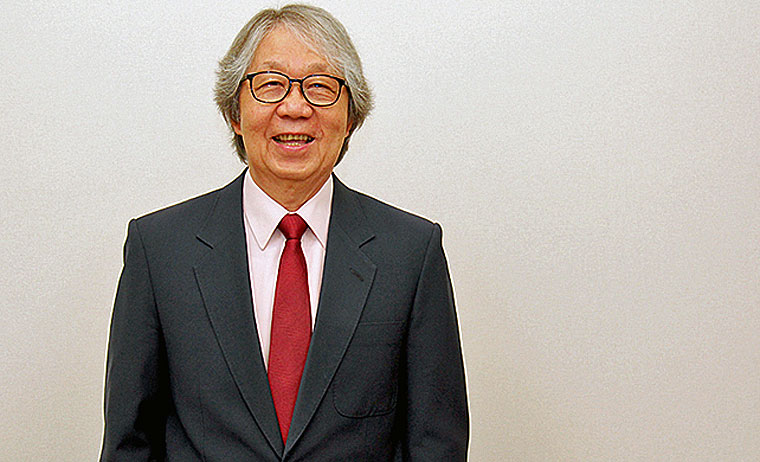Earlier in December, AsiaOne ran a piece by Reuters that said that "morale in Singapore is at rock bottom" and that Singapore was "heading for a recession."
More importantly, it crafted a line that stuck -- "some economists call Singapore the new sick man of Asia, supplanting the Philippines, whose economy is now growing almost four times faster."
The Reuters report went on to highlight other areas of concern for Singapore such as weak global demand, Singapore's under-performing stock market, Trump rolling back on the TPP, and China's alleged displeasure at Singapore. It said that Singapore has limited options besides letting the Singapore dollar ease.
The report prompted Ambassador-at-Large Professor Tommmy Koh to offer another perspective to The Straits Times where he discusses Singapore's economy and future prospect.
What is the current state of the Singapore economy and is it the worst-performing in Asia?
Koh said that Singapore's economy is projected to grow at 1.4 per cent this year. He said that it was not surprising that the Business Optimism Index is in negative territory because aside tourism and related industries, manufacturing, finance and insurance, construction, wholesale and retail are all experiencing weak growth.
The 1.4 per cent growth figure looks low compared to developing economies in Asia, but Singapore has the highest per capita GDP in Asia.
Therefore, Koh felt that the growth rate should be compared to other "high-income economies in Asia, namely Japan, South Korea, Taiwan and Hong Kong." Their respective growth figures are 2.4, 2.6, 1.1 and 2.1 per cent, making Taiwan the worst, not Singapore.
In other words, it is not the worst, but its 1.4 per cent growth is closer to the wooden spoon (1.1) than the champion (2.6).
Are the problems of Singapore's economy structural or cyclical?
Koh said that the problems were "mainly cyclical but there may be some structural issues which we should consider."
He said that Singapore is the most trade dependent country in the world and that Singapore's external trade is three times the size of its GDP. Currently, world trade is weak and has "affected our economy very badly."
He added that Singapore's major trading partners like China, the United States, Europe and Japan, are all experiencing sub-optimal growth.
In addition, he pointed out some structural problems faced by Singapore business owners -- namely high costs (like increasing rental), restrictive labour policy and risk-averse policymakers.
Should we be optimistic or pessimistic?
Koh said that he was optimistic because of the following points:
"Singapore has a corruption-free business environment and the rule of law is strong.
We have world-class infrastructure and good connectivity.
It is easy to do business here and we enjoy industrial peace.
We have a skilled and hard-working workforce.
We have a critical mass of interlocking activities in our financial and regional business hubs.
We have an IT-literate population and we aim to transform Singapore into a smart nation.
We have a culture of accepting change and embracing technology, including disruptive technologies."
He added that Singapore's Primary 4 and Secondary 2 students ranked No. 1 for maths and science in the 2015 Trends in International Mathematics and Science Study, while Singapore's 15-year-old students placed first for mathematics, science and reading in the 2015 Pisa survey conducted by the OECD in 72 countries.
He also noted that Singapore is No. 2 on the World Economic Forum's Global Competitiveness Index (2016-2017) and No. 4 on Institute of Management Development's 2016 World Competitiveness Scoreboard.
Top photo via.
If you're looking to invest in a foreign property, this article might come in handy:
QUIZ: Which of these gorgeous countries should you buy property in?
If you like what you read, follow us on Facebook and Twitter to get the latest updates.
If you like what you read, follow us on Facebook, Instagram, Twitter and Telegram to get the latest updates.
